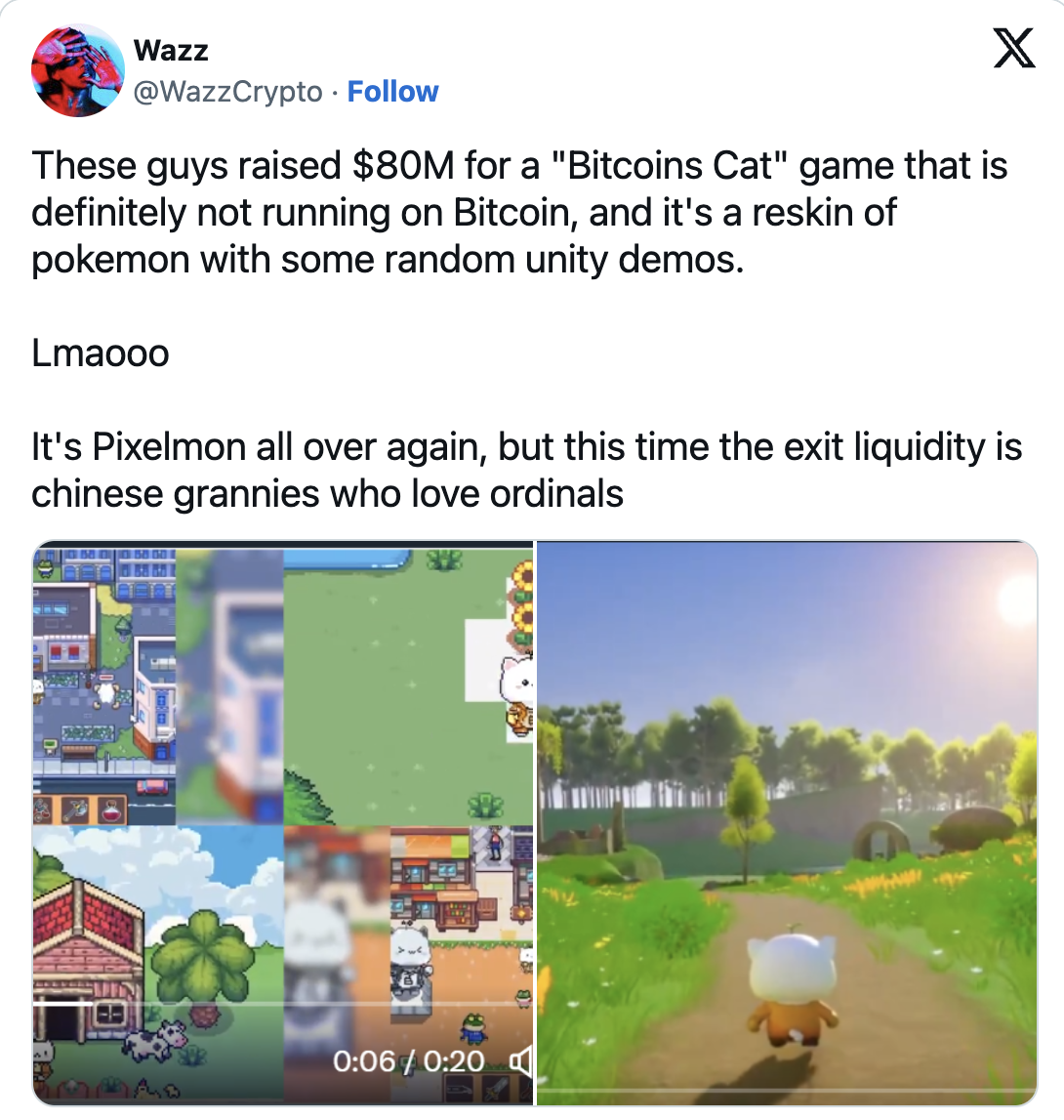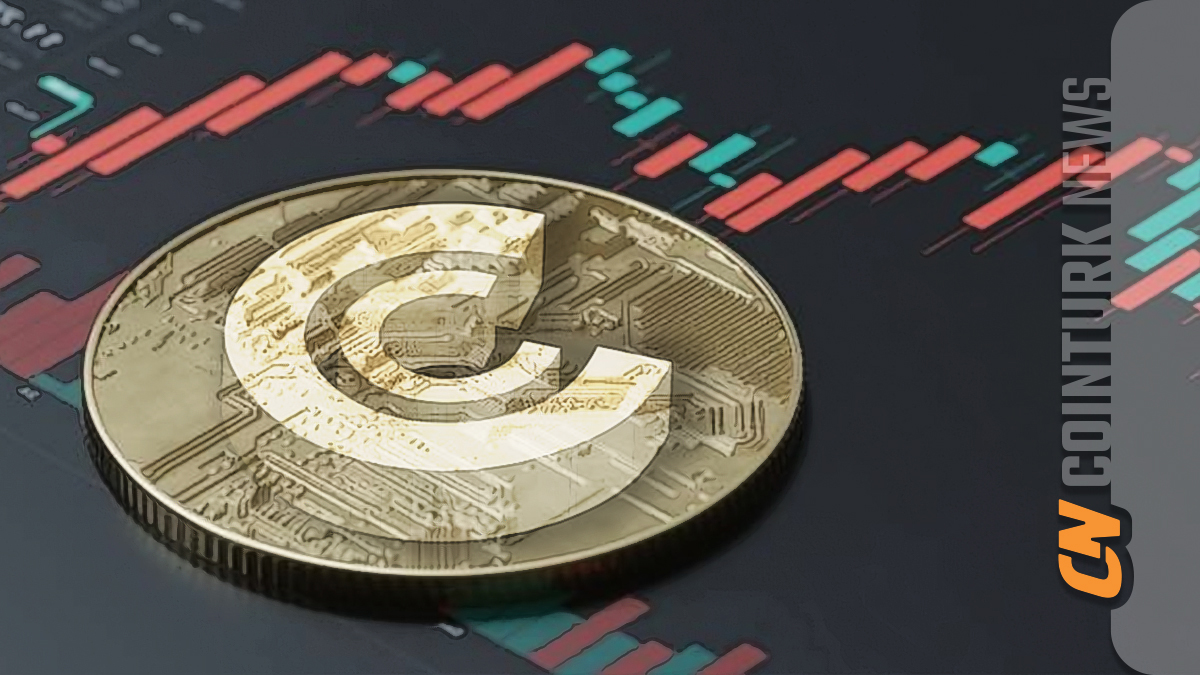Inscriptions hype continues to grow and this sector has already reached incredible sizes. These experimental data files were thought to be a temporary fad when they first appeared with the use of a protocol called Ordinals at the beginning of 2023. However, the use of Inscriptions has opened the doors to another process for the crypto market.
The Growing Allure of Inscriptions
Despite being rejected by Bitcoin investors like Jimmy Song and condemned by long-time developer Luke Dashjr, the allure towards the Inscriptions industry is greater than ever. The total market size for Bitcoin Inscriptions tokens has reached $1.5 billion.
ORDI, the biggest of these projects, constitutes a large part of this valuation with a market cap of $1 billion. Following fundamental cryptocurrencies like Dogecoin and Shiba Inu, ORDI is the fourth-largest memecoin project. This week, a fund consisting of various crypto assets, including Ethereum, worth $106 million, has been invested in Bitcoin Cats, an as-yet-unreleased NFT game based on the Ordinals Inscriptions craze.
This development further highlights the growing appetite among investors for this emerging crypto market. In May, many Bitcoin investors like Song claimed that the Ordinals Inscriptions craze would eventually run out. However, contrary to this belief, the opposite has continued to happen over the past seven months. The Bitcoin Cats fundraising event, which ended on December 19, received 150 times more demand from investors, demonstrating a strong appetite for high-risk crypto ventures.

A Revolution in the Bitcoin Ecosystem
Bitcoin Cats presentation to investors indicates that the game will provide access to an NFT collection for users. Investors will receive these NFTs in exchange for staking their share of the project’s native token, 1CAT. Inscriptions allow users to mimic Ethereum’s smart contract functionality on Bitcoin.
This means that users can create data such as image and sound files in the Bitcoin ecosystem, similar to NFTs like Bored Apes and memecoin projects like Shiba Inu. This was nearly an impossible achievement until recently because Bitcoin’s blockchain software did not have native support for smart contracts necessary for creating NFTs and tokens.










